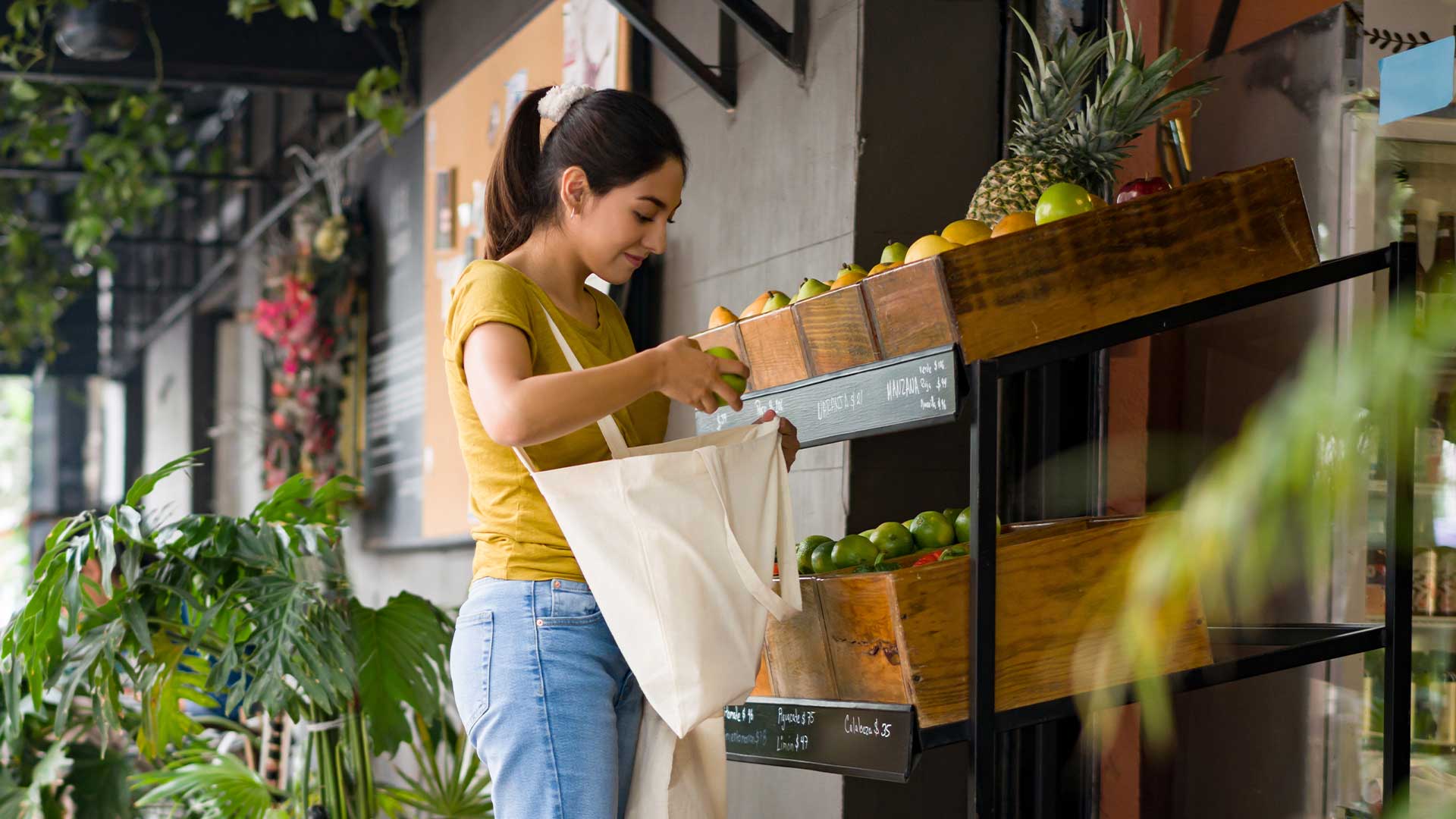Young people in decision-making: The Sustainable Development Goals and the role of the next generation

At the event, hosted by the ABOVE Youth Organization, Daniella Deli, Deputy State Secretary for Climate Policy, Boróka Ürge, Hungary’s 2024 Youth Climate Delegate, Widad Brimo, Hungary’s 2024 UN Senior Youth Delegate and Annamária Wettstein, this year’s UN Senior Youth Delegate of Hungary, shared their experiences and thoughts on the current challenges of sustainability. Tamara Csordás moderated the discussion on behalf of the ABOVE Youth Organization.
The Sustainable Development Goals (SDGs) are a global framework adopted by the United Nations in 2015, consisting of 17 overarching goals and 169 more specific targets. They aim to help in creating a fairer, greener, and more inclusive world by 2030. The SDGs are unique because they simultaneously address social, economic, and environmental challenges, highlighting that these can only be achieved through broad cooperation.
One of the recurring questions in the panel discussion was whether achieving the targets by 2030 is realistic. Participants agreed that progress is slow and that the global results are both positive and cause for concern, with meeting the SDGs not being feasible from the start. As Annamária Wettstein put it, “In 2015, we set out to radically change everything, which is not realistic, and while there is a time pressure, we have to be honest about how much a person can change in their own life.”
Young people are increasingly represented in the sustainability dialogue, but Widad Brimo says they are often just checked boxes on the invitation list, rather than being listened to. She shared her experiences that the presence of young people is often only symbolic, and that youth participation is mainly voluntary, which is financially and mentally draining in the long run. Therefore, instead of waiting to be addressed “from above”, she believes action should be taken locally. She added that the most important thing is to make young people aware of the topic and to inform them as much as possible. She stressed that no one should be expected to change everything in their lives immediately, but that young people are more adaptable, so if they make small changes in their daily lives, they can start the change process seamlessly.
Daniella Deli, Deputy State Secretary, said that the media too often paints a dark picture of climate change and the ongoing news of disasters, which has a paralysing effect on people. She believes this is equally counterproductive in promoting sustainable development as radical climate groups and loud protests, as she thinks a young person can do the most good by not ordering from Temu and Shein. She also added that decision makers value constructive dialogue and professionalism much more than the activist groups waiting to be approached by them.
Boróka Ürge continued by saying that it is essential for young people to talk about these issues with each other, their families, and their communities, instead of looking at the positive side of trends and the opportunities. Furthermore, in their actions, they should choose what they can contribute to progress, as “you cannot fight on all fronts”, she said. Real change starts by finding the areas where we can contribute most.
At the end of the discussion, the panellists offered some advice to young people. Daniella Deli stressed that if they want to make a real difference, they should learn and enter the world of decision-makers, so that they can shape the system from within. Widad Brimo encourages everyone to find a mentor they can look up to and who will support them in their first steps. In conclusion, Annamária Wettstein emphasized that opportunities often open up to those who seek them and that “you don’t have to do everything perfectly to make an impact”, as change is made up of small steps.